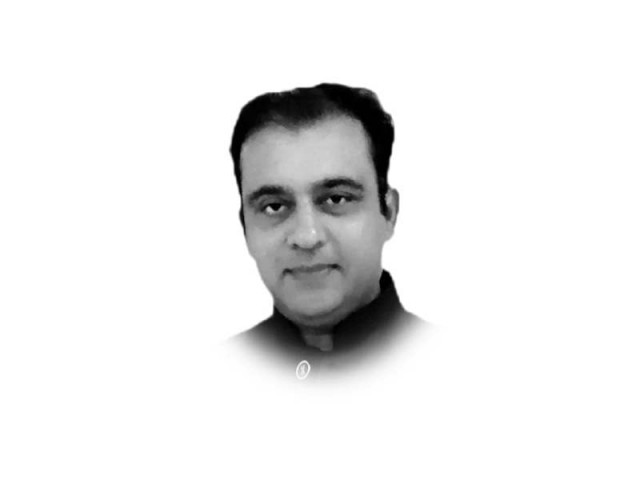Modi 3.0 and Indo-Pak ties
Modi clearly links normalisation of relationship with Pakistan committing to ending alleged cross-border terrorism

Indian Prime Minister Narendra Modi began his third 5-year term on June 9. He is the only second leader to have been elected as Prime Minister of India for the third time. The other was Jawaharlal Nehru. Modi’s BJP, however, could not get a simple majority in Lok Sabha. The BJP managed to win 240 seats of the lower house of Parliament, 32 short of simple majority. In the 2019 elections, BJP had won 303 Lok Sabha seats. Before the elections, Modi and his BJP were confident of crossing the 400-mark. The big jolt for BJP came from its stronghold — UP. In January, Modi hurriedly inaugurated Ram Mandir on the ruins of the historic Babari Masjid, which was demolished by Hindu zealots in 1992. The decision to inaugurate the temple was meant to amplify the election campaign in a bid to woo Hindu voters. But, ironically, BJP lost not only in Ayodhya but also in the adjoining districts of Faizabad.
Nevertheless, despite those setbacks and the opposition’s stunning comeback, Modi’s return to power for the third consecutive term was pretty smooth since the pre-election alliance his party formed with other regional groups remained intact. But this is the first time that Modi has had to lead a coalition government. He ruled with absolute majority when he was Chief Minister of Gujarat for 13 years and the Prime Minister for 10 years. Those who know Modi personally believe that it would be a test case for him to run a government heavily dependent on other parties.
The lack of absolute majority and the failure to even come close to 400 seats leaves Modi in a difficult situation. Many observers believe that if Modi had managed a two-thirds majority, would have brought drastic changes, including constitutional amendments giving absolute powers to the Prime Minister. Now those plans have gone haywire.
Against this backdrop, what Pakistan expects of Modi’s 3.0? Relations between Pakistan and India under Modi’s second term dealt a fatal blow when New Delhi revoked the special status of Jammu and Kashmir. During the election campaign, Modi on a number of occasions stated how he made Pakistan irrelevant. Like other world leaders, Prime Minister Shehbaz Sharif also greeted Modi on his election victory. But given the state of relationship between the two countries, the usual courtesies even became headlines. When Shehbaz was elected Prime Minister after the February 8 polls, Modi had also congratulated him but with a terse message. Shehbaz did the same. But three-time former Prime Minister Nawaz Sharif came up with a more explicit and telling message. He not only congratulated Modi but also said his victory reflected a trust in his leadership. Nawaz went on to state: “Let us replace hate with hope and seize the opportunity to shape the destiny of the two billion people of South Asia.”
Within hours of Nawaz’s tweet, Modi responded both to Prime Minister Shehbaz and the PML-N President. Interestingly, responding to Shehbaz’s tweet, Modi kept his response brief. He thanked him for good wishes.
However, Modi was more forthcoming in responding to elder Sharif, with whom he enjoyed a good relationship during his first term as Indian Prime Minister.
“Appreciate your @NawazSharif message. The people of India have always stood for peace and security and progressive ideas. Advancing the well-being and security of our people should always remain our priority,” Modi wrote on Twitter responding to Nawaz’s felicitation message.
Observers believe that Modi clearly linked the normalisation of relationship with Pakistan committing to ending alleged cross-border terrorism. Many of Modi’s supporters were appreciating him for taking a clear stance. However, others feel that the exchange of messages between the two leaders could be a sign of potential thaw in the relationship.
Many are wondering if Nawaz’s tweet was a calculated move backed by the government and other stakeholders to ease tensions with India. The internal assessment of people who deal with the issue suggests that there is little optimism of any change in the relationship between Pakistan and India.















COMMENTS
Comments are moderated and generally will be posted if they are on-topic and not abusive.
For more information, please see our Comments FAQ